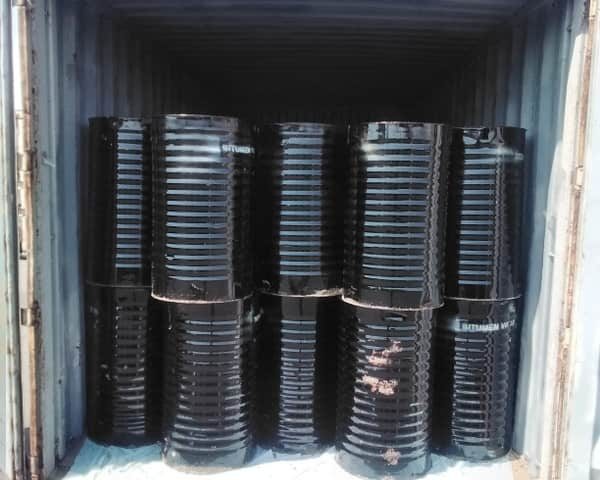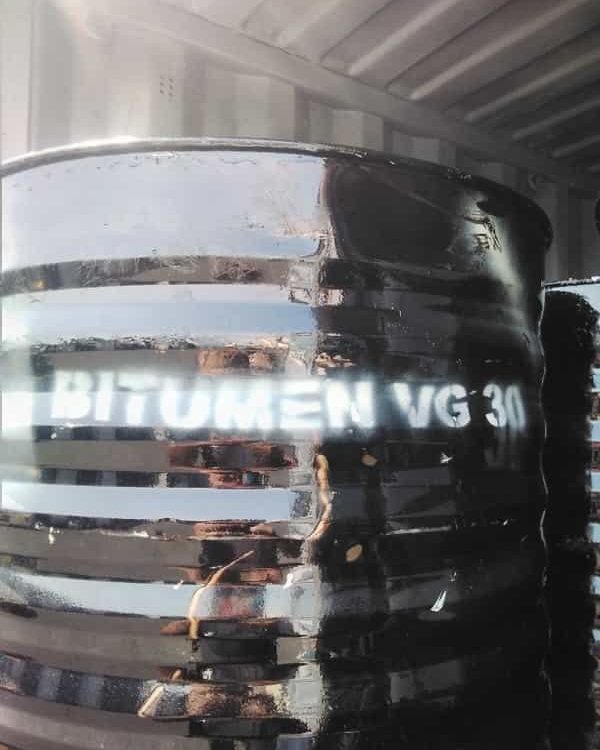As you might know, Iraq bitumen has a high demand among the bitumen types. Therefore, we can consider Iraq as one of the pioneers in the field of
bitumen supply. The Iraqi Ministry of Petroleum announced that the
collective decision of OPEC Plus to reduce oil production has generated $6
billion a month in revenue for Iraq. The Iraqi Ministry of Petroleum official
Asim Jihad said that the decision of the oil-exporting countries to
reduce production was aimed at Oil markets were surveyed,
adding that rising production would cause prices to fall again.
He said Iraq, like other countries, adheres to a limited production increase
based on a timetable proposed by OPEC research centers, adding that Iraq’s
oil revenues had been less than $1 billion a month but have now reached
about $6 billion. He said Iraq is the second-largest oil producer in the
OPEC complex and stressed that its challenges to oil markets remain serious.
Iraq bitumen and the oil market
Jihad also said about the Kurdistan Region’s oil revenues, which according to
the budget law must be delivered to Baghdad, that the Ministry of Oil has not
yet received any money from the Kurdistan Region to sell oil. In addition to the above, the Iraqi Ministry of Petroleum on Sunday released oil export figures
for April and revenue generated by the Iraqi Oil Marketing Company (Sumo). According to preliminary statistics released by the Iraqi Oil Marketing
Company, Iraq exported 88 million 398 thousand 319 barrels of oil in
April with revenues of 5 billion 525 million 330 thousand dollars.
Iraq bitumen and the oil exports
As a matter of fact, the Iraqi Ministry of Petroleum announced that the
volume of Iraqi oil exports from the oil fields of central and southern Iraq
was 85,534,916 barrels and the export of oil from the Kirkuk oilfield through
the Turkish port of Ceyhan was 2,863,403 barrels. In fact, the average daily
export of Iraq reached 2 million 947 thousand barrels and the average price
of a barrel of oil was 62.505 dollars. He said India is an important market for
Iraq and that Iraq will never stop exporting to India unless there is “coercion”.
Iraq’s oil exports and the Iraq bitumen
Roughly speaking, Iraq’s oil exports to India will increase by 9.4 percent to
351 million barrels per day in 2020, which will meet 25 percent of India’s
oil needs. Respectively, Al-Shatri stressed that South Korea is the largest buyer
of Iraqi oil, after India and China, adding that Iraq’s oil exports to the West
are much less than what it exports to East Asia. By 2020, Iraq was also the
third-largest oil exporter to China, accounting for 11 percent of China’s oil needs.
Respectively, the Sumo chief also announced that they have created new
markets among private companies in India and China, which Iraq is also seeking
to acquire. He said Iraq seeks to build oil reservoirs in Asian countries to
increase oil exports and guarantee the delivery of crude oil to the markets
of those countries. He also added that Iraq is currently considering
the construction of the tanks in one of three countries:
China, India and South Korea.


